A Roundtable Discussion on Draft Amendments to Judicial Career Procedures Was Held
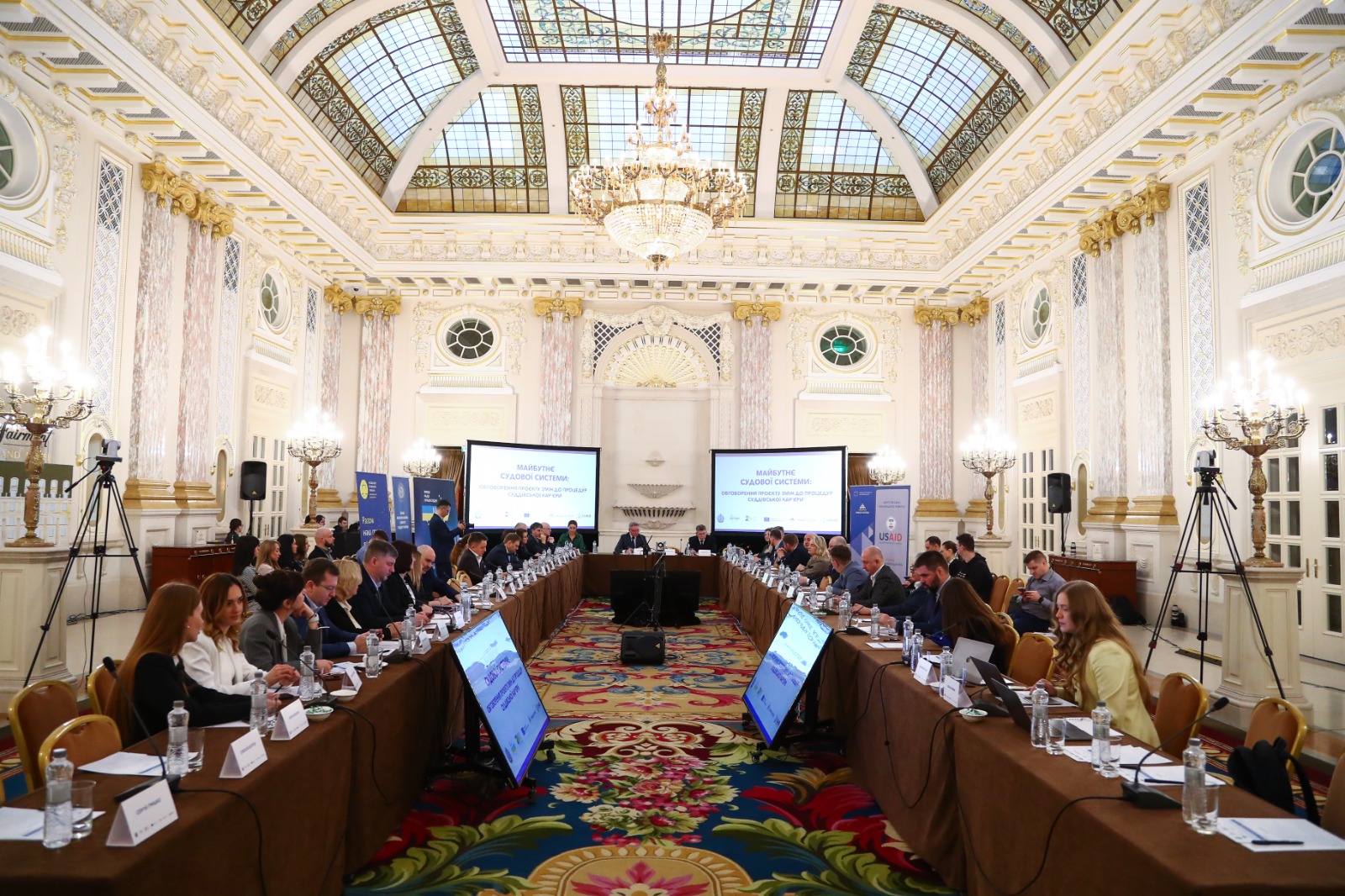
On 7 November, HQCJ and HCJ in cooperation with EU Project Pravo-Justice, USAID Justice for All Activity and Ukrainian Bar Association held a roundtable discussion “The Future of the Judiciary: Discussing Draft Amendments to Judicial Career Procedures”. The event was attended by representatives of the High Council of Justice, the High Qualification Commission of Judges of Ukraine, the Parliament, the Public Integrity Council, Supreme Court justices, Constitutional Court justices, and academics.
Draft Law No. 10140 on amending the Law of Ukraine “On the Judiciary and the Status of Judges” and certain legislative acts of Ukraine on improving the judicial career procedures was the centrepiece of the discussions between the participants.
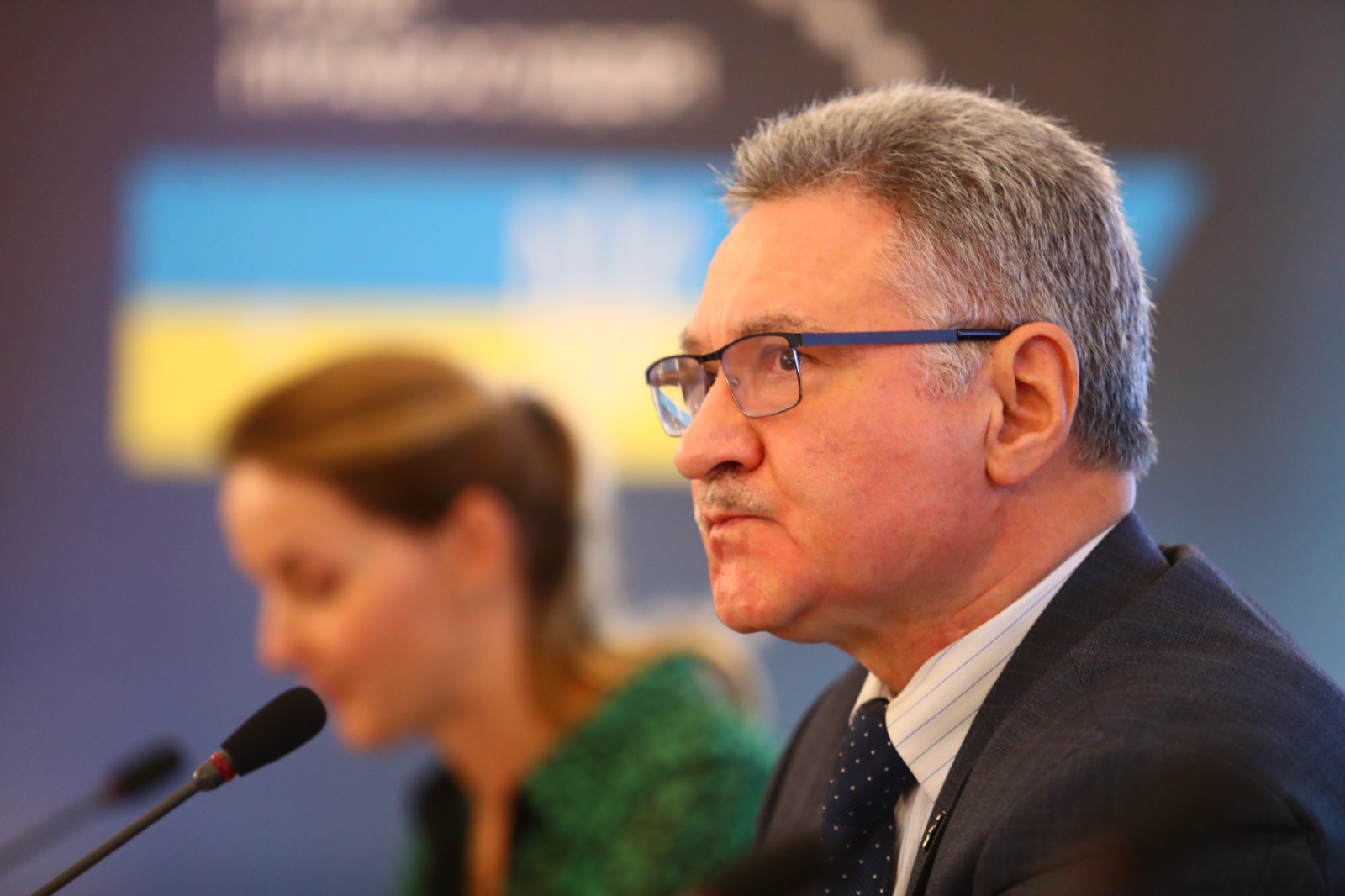
Hryhorii Usyk, Head of the High Council of Justice, noted that improving judicial career procedures is an imperative of our time and the demand of society to form new highly professional judiciary.
“Of course, the purpose is to streamline these procedures, make them transparent and understandable both for the candidates who will participate in these procedures and for the society... The society must clearly understand that we are working in the same direction and we have the same goal – to form new highly professional judiciary with integrity,” said Hryhorii Usyk.
At the same time, he expressed the opinion that the approaches proposed by the legislator regarding the judicial selection procedures, which, in particular, include psychophysiological interview with a judicial candidate using a polygraph, are rather debatable.
Larysa Rohach, President of the Cassation Commercial Court within the Supreme Court, noted that Russia’s military aggression has posed new challenges for Ukraine and further exacerbated the problems that existed before. In particular, recruiting the necessary judges.
“Speaking only of the Supreme Court, there are currently 41 vacancies of Supreme Court justices. This makes up a quarter of its entire composition. It is therefore obvious that the workload of the justices who are currently exercising their functions is enormous. This undoubtedly affects all processes and the system as a whole,” emphasised Larysa Rohach.
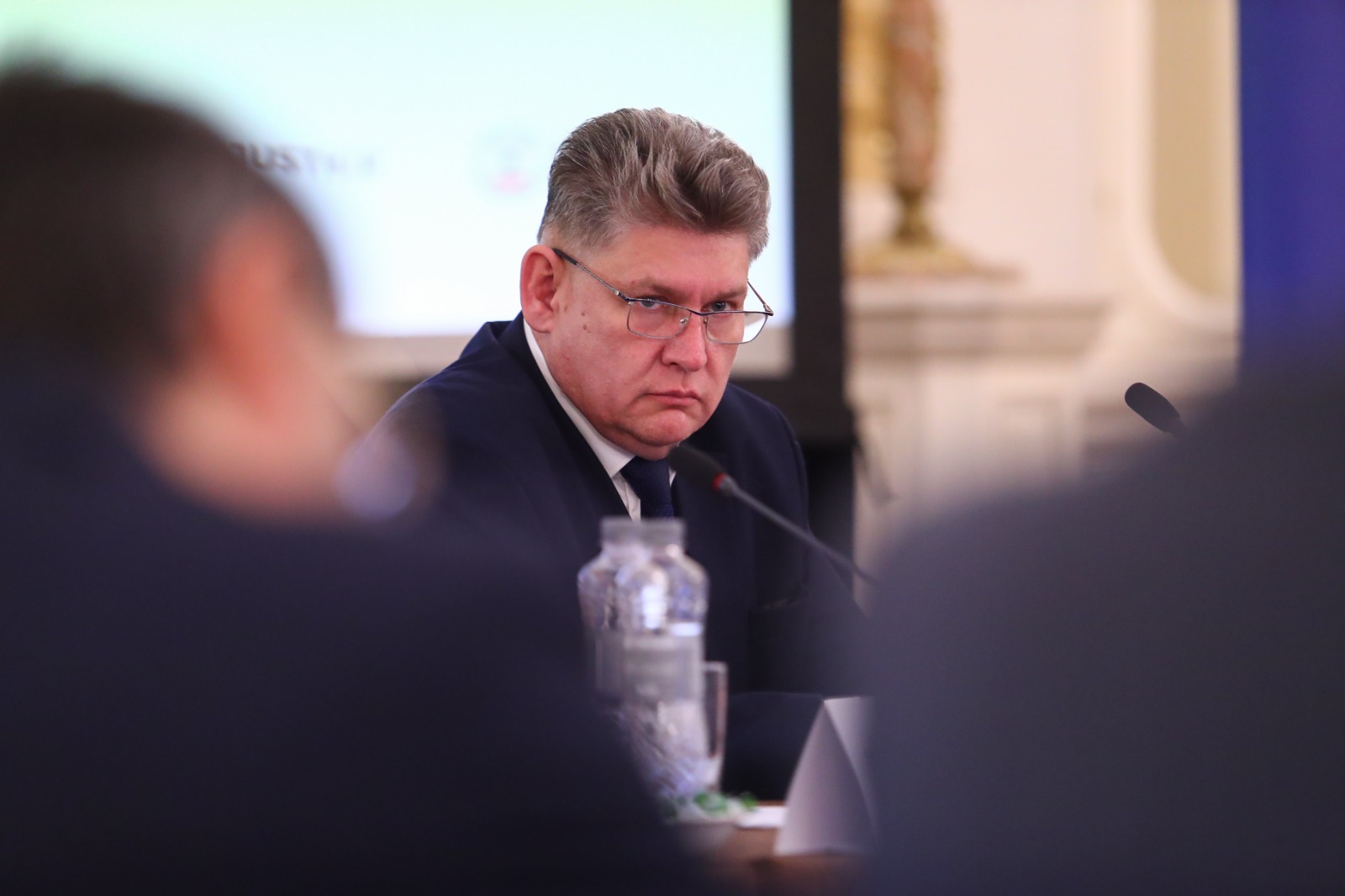
Roman Ihnatov, Head of the High Qualification Commission of Judges, noted that since 2019, the staff shortage in the judiciary has gained even more momentum, and this situation, according to him, goes on, among other things, in the context of Russia’s full-scale invasion of Ukraine.
“This process results in an increased workload for acting judges, longer court proceedings and more complicated access to justice for citizens. Unfortunately, this is the reality we live in today. Therefore, improving the current judicial career procedures is one of the many steps that are required, first of all, to ensure a new level of quality of judicial staff, strengthen the independence of the judiciary and improve access to justice for citizens,” said Roman Ihnatov.
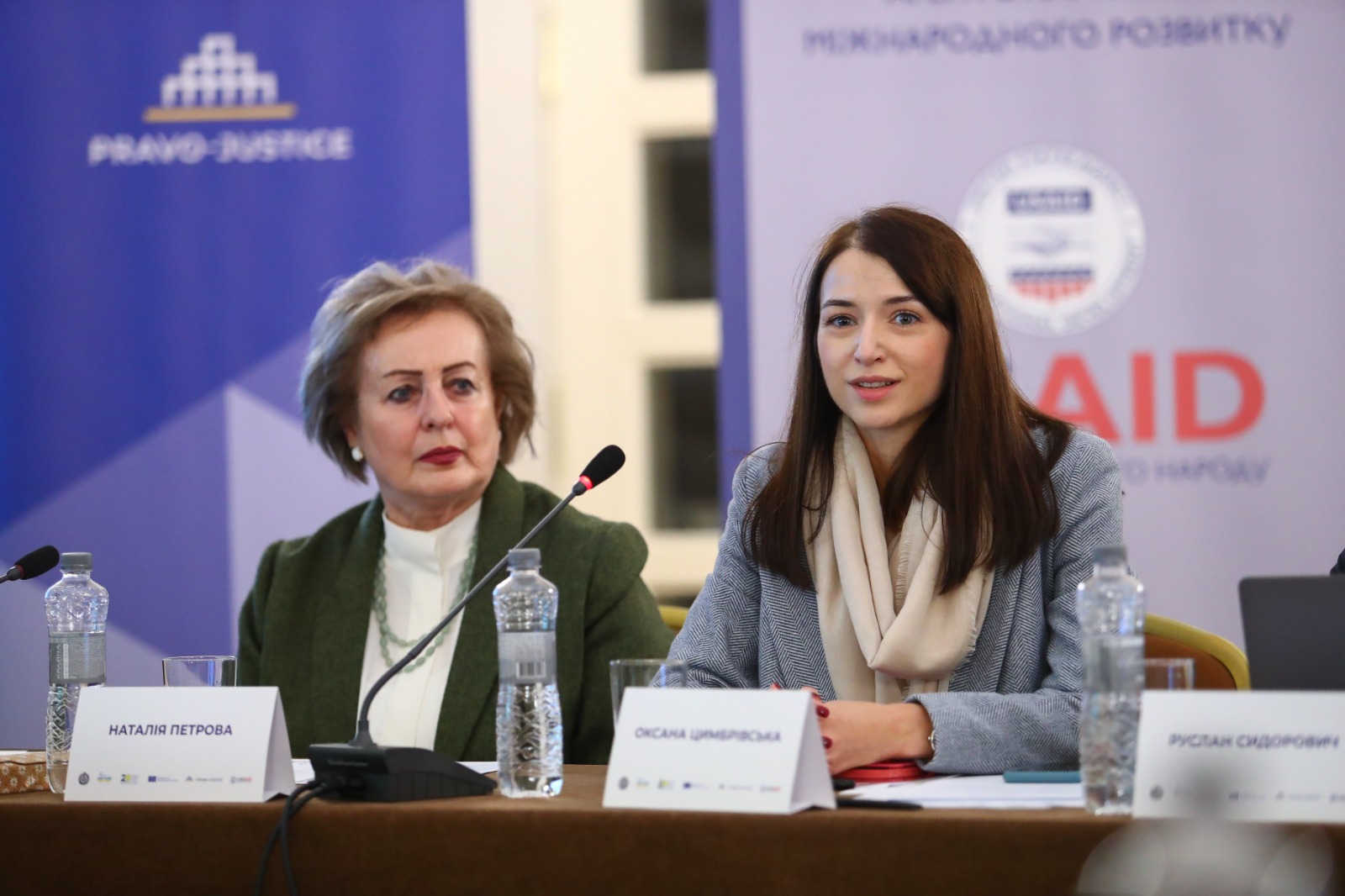
In her turn, Oksana Tsymbrivska, Country Manager of EU Project Pravo-Justice, added that the problem of staff shortage has been one of the biggest challenges for the stable and effective functioning of the Ukrainian judiciary for several years in a row. According to her, competitions for judicial positions have not been held in Ukraine for almost four years. Thus, over this time, almost two thousand vacant positions have accumulated, which affects the workload of judges and the speed of considering court cases. Oksana Tsymbrivska also noted that improving judicial selection procedures is one of the main requirements of the Memorandum of Understanding between Ukraine and the European Union.
“It should be remembered that improving the procedure for selecting judges is one of the requirements set out in the Memorandum of Understanding between Ukraine and the European Union on macro-financial assistance of EUR 18 billion. It is the fulfilment of this requirement that will determine whether the further tranche of the extended EU macro-financial assistance will be allocated,” explained the Country Manager of EU Project Pravo-Justice.
Furthermore, Oksana Tsymbrivska informed that EU Project “Pravo-Justice” together with other international technical assistance projects, namely IDLO and USAID Justice for All Activity, have already submitted a joint expert opinion on Draft Law No. 10140 on Amending the Law “On the Judiciary and Status of Judges” and Certain Legislative Acts on Improving Judicial Career Procedures to the Parliamentary Committee on Legal Policy.
“It is worth noting that this legislative initiative has many positive tendencies. At the same time, we understand that there are many things to be discussed. Therefore, we are ready to continue cooperation with the Parliamentary Legal Policy Committee. In my opinion, this process has just started and will continue during the first and second readings,” summarised Oksana Tsymbrivska.
Nataliia Petrova, Deputy Chief of Party of USAID Justice for All Activity, stressed that such a meeting is another confirmation that we live in a free and democratic country where, despite wartime, transparent law-making is taking place, and the largest possible number of legislative amendments are being taken into account. “We hope that these proposals will be heard and we will get a proper law that will meet the public interest,” she emphasised.
According to Nataliia Petrova, it is crucial that the Law “On the Judiciary and the Status of Judges” should be based on the principles of the rule of law and observance of human rights to the maximum extent possible.
“Of course, we have made reservations about the use of a polygraph. This is a rather dubious method of vetting, especially when it comes to judges, given their status and guarantees. We have also opposed involving the HCJ in these vetting background checks as this is a function of law enforcement agencies and does not correspond to the legal nature of the highest judicial governance body,” said Deputy Chief of Party of USAID Justice for All Activity.
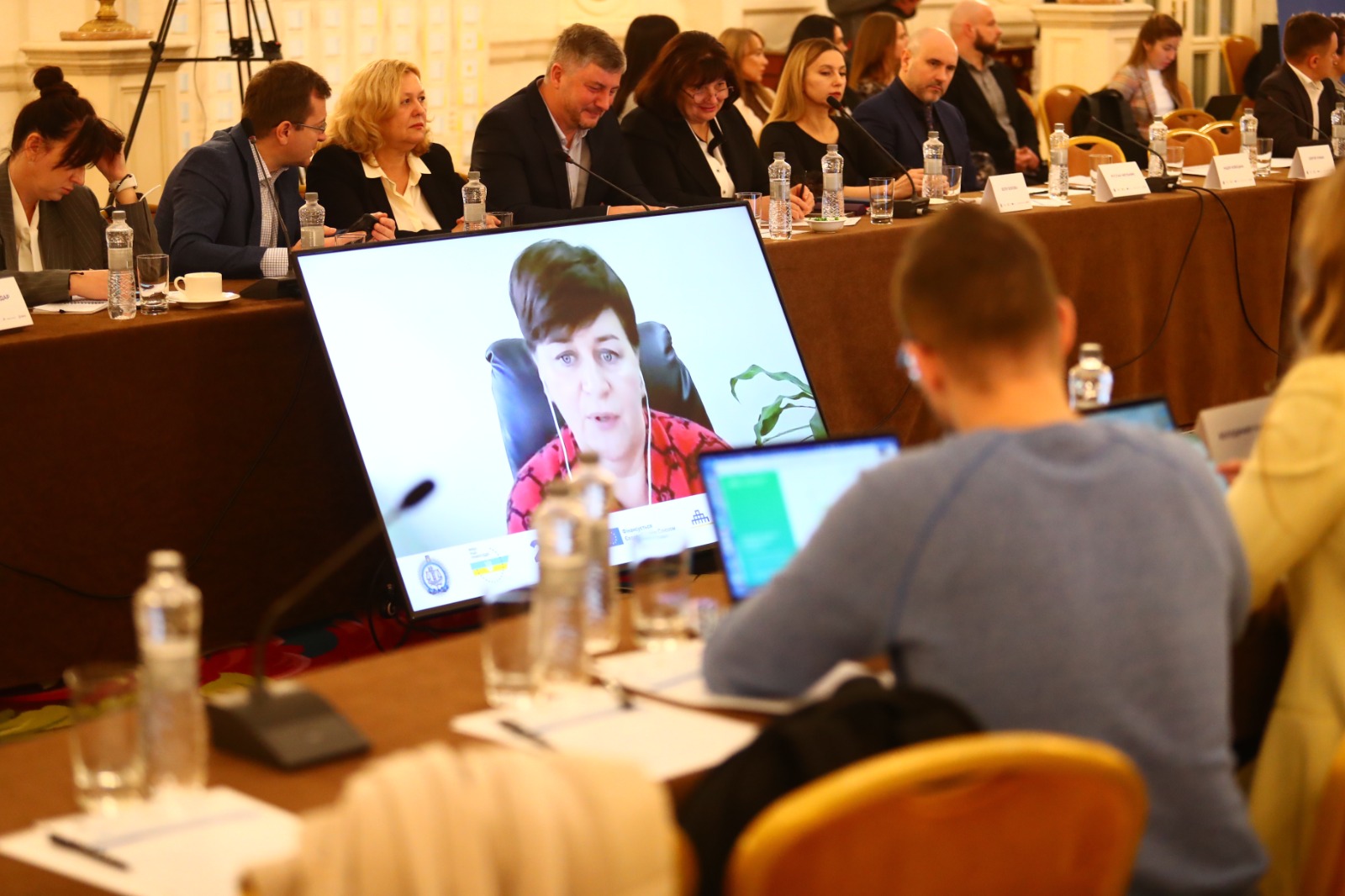
In her turn, Reda Moliene, former Head of the State Judicial Administration of Lithuania, and international expert of EU Project “Pravo-Justice”, highlighted several points in draft amendments to the judicial career procedures.
She noted the harmonisation of procedures in the proposed amendments, including the balance between transparency and efficiency. After all, she said, shortage of judges may be a bigger problem than perfect selection procedures. “It is a definitely positive trend when the selection process is becoming more consistent and efficient,” said Reda Moliene.
At the same time, the former head of the State Judicial Administration of Lithuania also noted that using a polygraph is a rather controversial proposal given the reservations about the reliability of its results. Reda Moliene gave examples of when it can be used in other countries, in particular in criminal proceedings during the investigation phase or against civil servants if there are no other ways to confirm the lawfulness of their actions, however, no one in the world uses a polygraph in selecting judges.
“Using a polygraph is more than a controversial issue in judicial selection. We have concerns, in particular, about the reliability of its results... Countries are very cautious about using polygraphs, especially in the area of recruitment,” she said, emphasising that the rule on the possibility of using polygraphs to check integrity should be reconsidered.
The proposals made during the roundtable will be analysed and used during further consideration of the draft law.